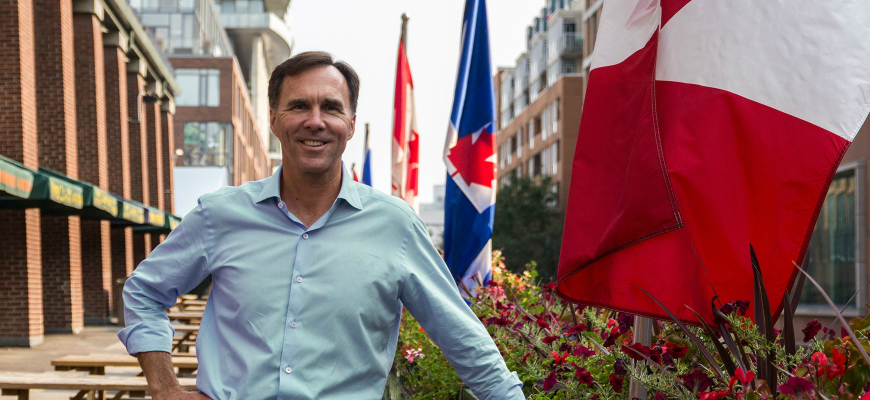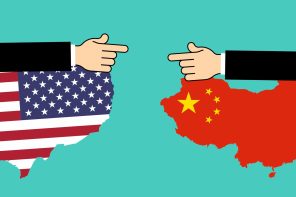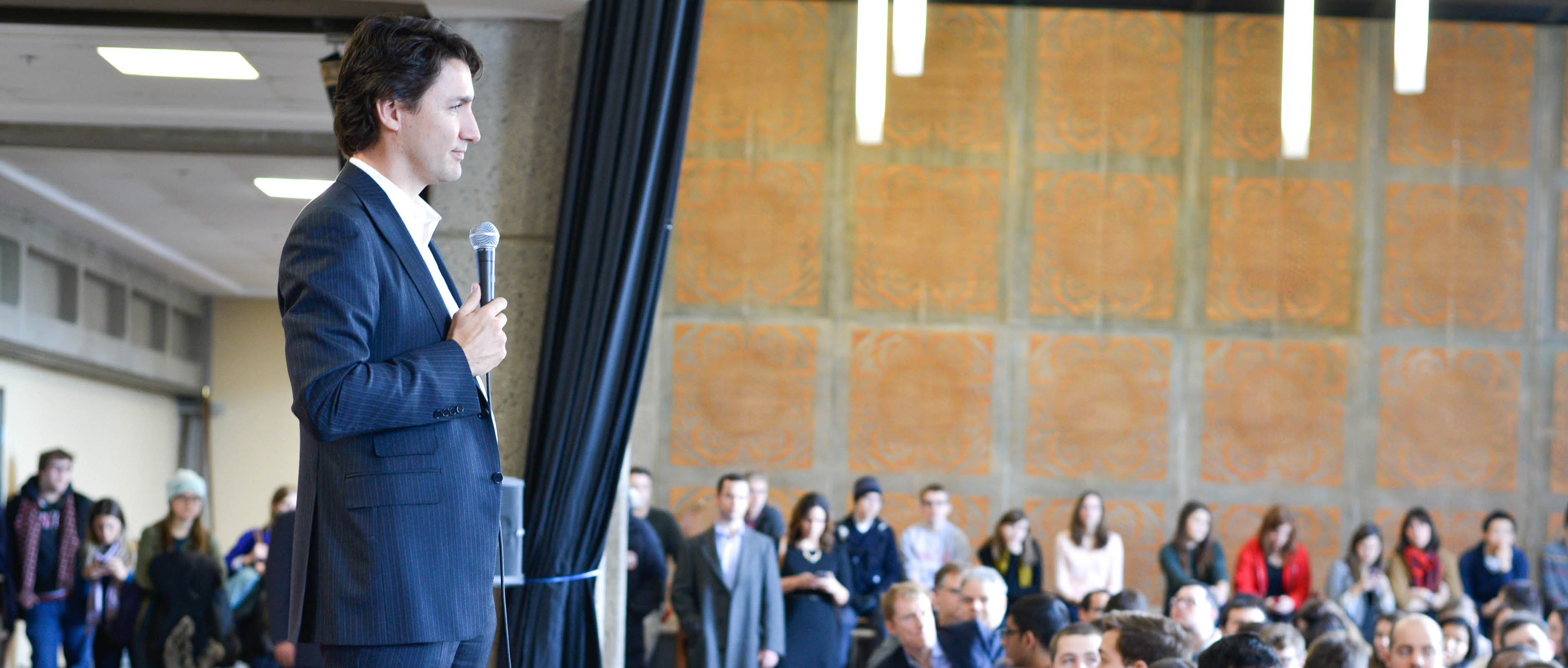Last Friday, our Managing Editor Quinn Halman had the opportunity for a brief interview with Canada’s Minister of Finance, Bill Morneau. The following has been lightly edited to ensure clarity.
Bull & Bear: With the most recent Fall Economic Statement, it was announced there would be a $16.5 Billion tax break for businesses. The first thing our readers probably want to know is how this will affect those of us who are about to enter the job market.
Bill Morneau: The Fall Economic Statement really focuses on future investments, and allowing businesses to make those future investments that will create future jobs. That was a key theme of the Fall Economic Statement. And, specifically, we made it really easy, for example, to make investments in the clean technology sector. So that sector of the economy is going to have new opportunities for young people.
The second theme would be how we talked about diversifying our trade, internationally. These are going to be opportunities for young people, who hope to be travelling, and be a part of a broader world. As we’ve said, we want to focus on expanding our trade past the United States.
B&B: How much do you factor in America and the Trump Administration when making decisions, as we know you had to with this one? Because as a result of these tax cuts, our federal deficit will still be around for a while – instead of balancing the budget, which was a campaign promise from Trudeau.
BM: We have to consider our competitive environment. So, we want to make sure that a business that’s thinking of making their next investment is not just going to go to the United States because their tax situation is better. So we had to consider that, but at the same time make sure we don’t do what they did, which is making their deficit significantly greater. We did it in a more careful and balanced way.
B&B: And on the day-to-day, how much does America play into your decision making?
BM: On most issues that we deal with, from an economic standpoint, they are not our key area of focus. On taxes for corporations, they’re important because corporations are able to make decisions about where they invest. On trade, we make our decisions on our own – so we’re working on trade agreements around the world and we’re taking a different path than the United States. We signed the Trans Pacific Partnership, and they didn’t.
B&B: Plus, our commitment to the Paris Climate Accord.
BM: We’ve taken significant efforts around climate change and they’re not. We’re going to continue to focus on climate change and then, hopefully, the next generation of American leaders will as well.
B&B: You recently visited Beijing to reaffirm Canada’s commitment to an economic and trade relationship with China. Earlier this week, the RCMP arrested Meng Wanzhou, the CFO of Huawei, who faces extradition to the US on the basis of a potential violation of US sanctions on Iran. Do you think this will complicate our relationship with China?
BM: This is something that we have to do because of our laws and our extradition treaties with the United States. I think that our broader relationship with China is significant and expands all across industry sectors, and we’ll continue to work to improve that. Obviously, I don’t have any insights on this issue, but broadly we’re trying to improve our relationship with China.
B&B: Focusing on your mention of the different sectors, can you speak to the different departments within a government – your focus is the economy, but there’s foreign policy, National Defence and so on – and how they work together and consult with each other?
BM: It depends on the relations. So in a case like China, I spend a lot of my time working with the minister of trade; I’m working to make sure we get an advantage in different sectors of the economy and, obviously, he’s very focused on improving trade relationships broadly. Then, to the extent of having more diplomatic issues than trading ones in foreign countries, I meet with the minister of foreign affairs. The defence department and I mostly work together on budget and how long it actually takes to buy things, because it takes a long time to get equipment. On a day to day basis, though, we’re all pretty independent with our departments.
B&B: Another recent announcement was the new tax credit for the Canadian media industry, totalling $600 million over the next five years. Is there any way to avoid influencing journalists and media coverage as a result of the policy? Will this greatly change our press?
BM: We believe that we have to have an independent free press if we’re going to have a healthy democracy. That’s sort of a statement of our beliefs, and we think Canadians agree with us. The measures are intended to try and help the media sector to bridge themselves from challenging environments – especially print media over to digital. That’s the goal. We’ve said that we want an independent process for deciding who gets access to the tax credits. That means we need to get people in the media to help us to think about how best to do that, because we want to immunize it from politics. So, we’ll be appointing an independent group of leaders in the sector. We think that will take it away from the political process. There’ll always be people who accuse us of that, but we want to create a process that’s not only good for us, but good for the next government and governments after that. We think it’s doable, we just need to find the journalists that are of independent mind, and we don’t think that’s very hard. We think it’s hard to influence journalists, to start with, so that goal should be able to be met.





